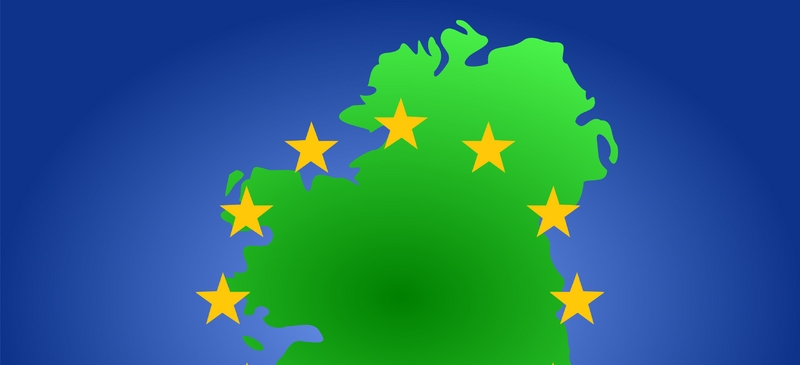
The era of the grand treaty is over
Ireland has sent Europe into tumult by garrotting the Lisbon treaty at the ballot box. The possibility of resuscitating the treaty is slight. Given the large turnout, a second referendum on the text is likely to be ruled out by Irish politicians as unfeasible. Wholesale renegotiation is not on the agenda: the EU has had more than seven years of interminable talk about institutions and rules already. Unless Ireland reconsiders its EU membership (which would also require a referendum), there is little more to say.
It is time for EU countries to think the unthinkable: integration by grand treaty is over. The political will of the 27 member-states to negotiate, ratify and implement such treaties, and deal with the political landmines they represent, has been fatally weakened. But the global issues that the Lisbon treaty was designed to help Europeans address will not go away. Immediate priorities like the global economic downturn, high unemployment, climate change, uncertainty over energy supplies, migration and cross-border crime need to be tackled collectively and soon.
It is too easy to say that the EU needs to wean itself off its fatal habit of prioritising rules and institutions over pressing global issues. Institutions matter. Although they are not perfect, they are the way Europeans work together. From time to time they will always need tweaking. Hence for now governments will have to limit themselves to less ambitious ways of reforming the EU to make it work better.
The first is to make the best use of the Nice treaty, the EU's current rulebook. Article 42 of the Nice treaty also allows for the EU as a whole to take a much greater, and more accountable, role in dealing with cross-border crime and migration issues, if every memberstate agrees. The treaty also allows for groups of countries (a minimum of eight) to press ahead without others in almost any policy area, provided the single market is unaffected. In practice this happens already with the EU passport-free travel area, the euro and defence policy. Successful initiatives among smaller groups will draw others in.
The EU has major foreign policy challenges: a resurgent Russia, a rising China and the priority to present a united front to a newly elected US president in 2009. The Lisbon treaty would have created a quasi-diplomatic corps for the EU by merging various bits of the Brussels bureaucracy to improve the design and delivery of EU foreign policy at home and abroad. Arguably, this innovation can also go ahead without treaty change. Looked at closely, it is uncontroversial.
The second is to pursue future integration issue by issue, in terms people can better understand. National parliaments and the public are suspicious of grand treaties because they sniff a conspiracy to build a European super-state. But single-issue treaties – on democracy, energy, or climate change for example – would have clearer benefits. Such "salami-style" treaties would also improve the chances that national debates will stick to the text of the deal in question without introducing unrelated issues as a reason to say no.
Lastly, the EU will have to undertake some reform of its institutions if Croatia is to join sometime around 2010. Governments have to agree an accession treaty with Croatia to adjust the size of the European institutions for its entry. In the treaty, they should also introduce a fairer EU voting system and a number of extra measures to boost accountability. These include allowing national parliaments to block intrusive EU laws, an initiative to allow citizens to directly petition legislation and an expansion of the powers of the European parliament to hold the governments and commission to account.
As in Ireland's referendum, the people can give up on politicians. But politicans cannot give up serving the interests of the people. Europeans are a declining political and economic force in the world today. Across a range of global challenges, we simply do not have the luxury of going it alone. EU governments have no time for several more years of institutional navelgazing. They must make what improvements they can on the hip and move on.
